Martial Peak Reviews
In "The Blame Game," Brigham Vaughn delves into the complexities of love, guilt, and redemption through the lives of two compelling characters, Michael Langdon and Julian Moore. Set against the backdrop of contemporary themes, the book marries emotional depth with a narrative intensity that makes the story both engaging and thought-provoking. Vaughn’s handling of sensitive subjects is nuanced, making this novel a significant addition to the genre of LGBT romance.
The story begins with Michael, a guidance counselor who harbors deep-seated guilt over a past tragedy that cost him his family and nearly his career. His path intersects with Julian, a former student whose own troubled youth and subsequent personal growth tangle inextricably with Michael’s history. From the outset, Vaughn skillfully sets up a connection between the characters that is fraught with tension and potential, making their eventual confrontation inevitable and laden with emotional stakes.
Julian, now a social worker, re-enters Michael’s life at a time when both men are questioning their past actions and current purpose. The dynamic between them is charged, complex, and ripe with the potential for healing or further harm. Vaughn’s portrayal of Julian is particularly noteworthy; he is crafted with layers that invite empathy and understanding, despite—or perhaps because of—the flaws and missteps he navigates throughout the novel.
The thematic heart of "The Blame Game" resides in its exploration of blame and the power it holds over personal identity and relationships. Vaughn addresses this not only through the protagonists’ struggles but also through their interactions with secondary characters, including family members and colleagues, who contribute to the broader implications and impact of blame within the narrative. This multi-dimensional approach ensures that the novel resonates on several levels, providing a rich tapestry of human emotion and interaction.
Moreover, Brigham Vaughn’s writing shines when delving into the emotional landscapes of Michael and Julian. The prose is both evocative and straightforward, creating vivid imagery and intense moments that pull the reader deeply into the story. Dialogues are crafted with authenticity, reflecting the characters’ evolving understandings of themselves and each other. The psychological depth achieved here is significant, as it not only elevates the characters’ journeys but also enriches the overall reading experience, making it both intellectually and emotionally stimulating.
The development of the romantic relationship between Michael and Julian is handled with a deft touch, balancing the inherent tensions and attractions in a way that feels both real and idealized. Their romance does not shy away from the challenges posed by their pasts, making their moments of connection all the more powerful and rewarding. Vaughn’s ability to weave together threads of attraction, conflict, and redemption into the fabric of their relationship is a testament to her skills as a storyteller.
However, "The Blame Game" is not without its flaws. At times, the pacing suffers due to the depth of introspection and back-story, which although informative, can sometimes stall the momentum of the narrative. Additionally, while the supporting characters add depth and breadth to the story, they occasionally feel underutilized or overshadowed by the central plot, leaving some potential avenues of character interaction less explored than they might otherwise be.
In conclusion, Brigham Vaughn’s "The Blame Game" is a poignant and compelling exploration of the themes of blame, forgiveness, and love. It offers readers a deep dive into the emotional complexities that define us as individuals and shape our relationships. Through Michael and Julian’s journey, Vaughn not only entertains but also invites reflection on the forces that drive our actions and the possibility of redemption. The novel’s mix of psychological depth, romantic tension, and narrative drive makes it a rewarding read for those who seek both heart and substance in their literary choices.




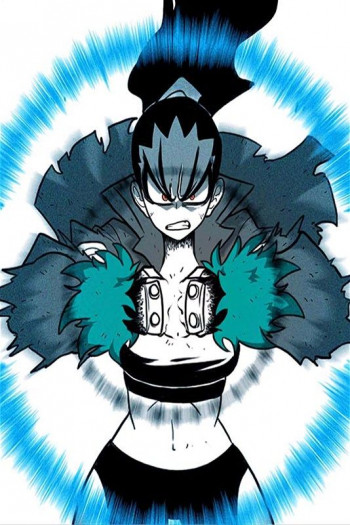
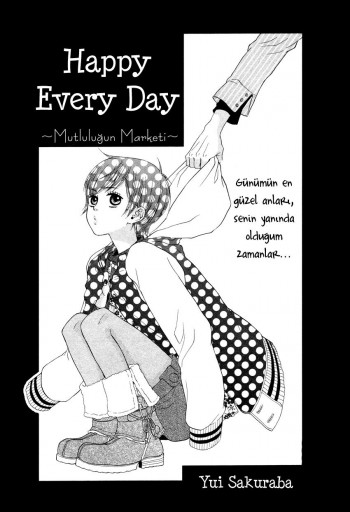
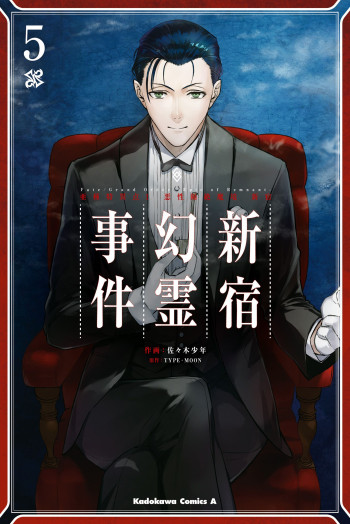

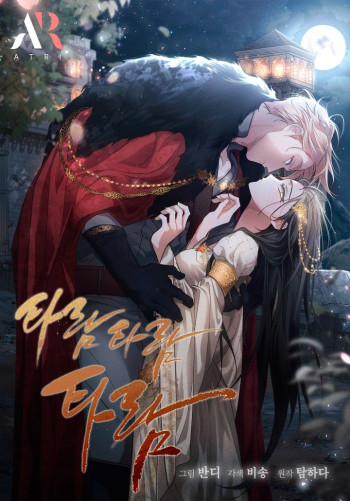


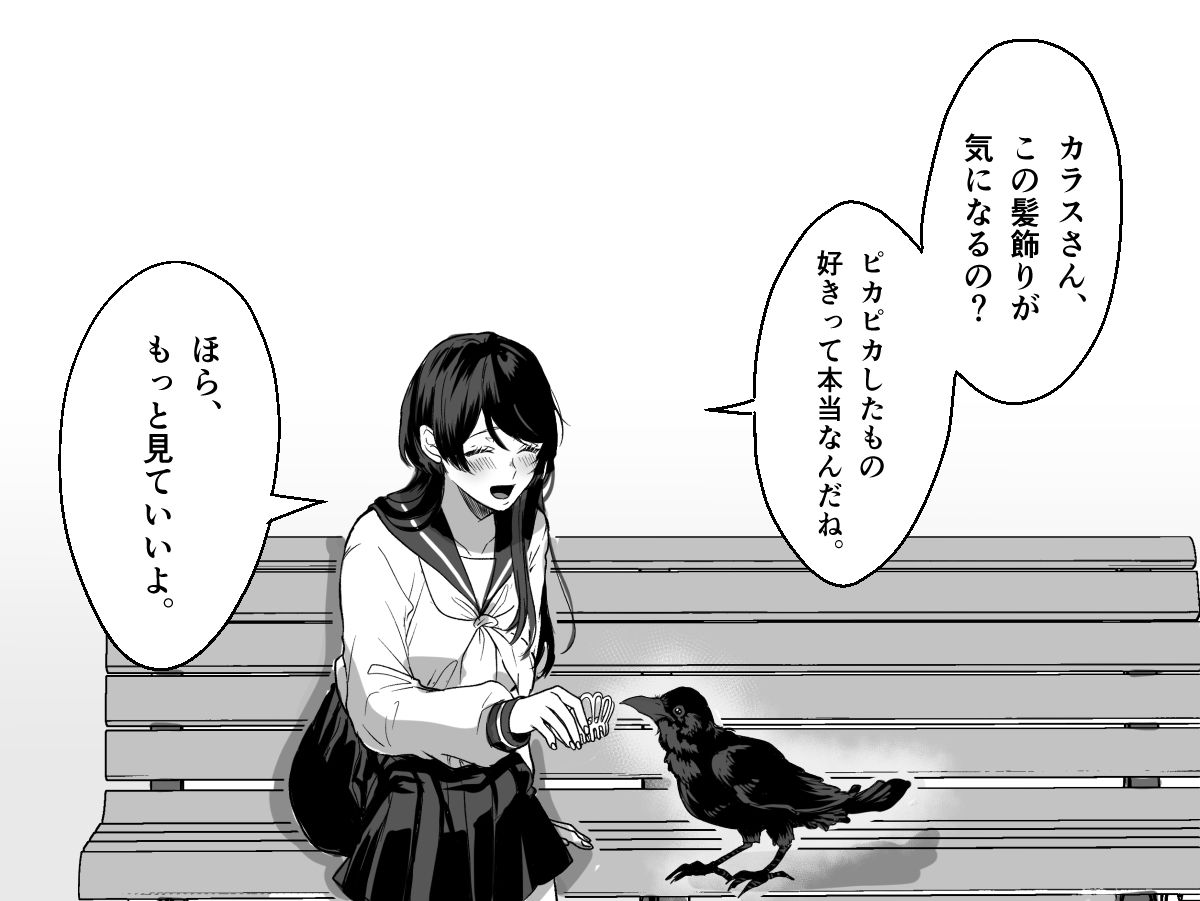












Reviews 0
Post a Reviews: